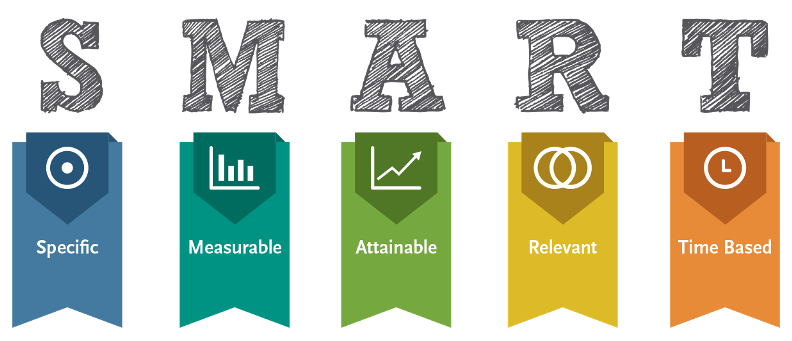We have already learned that teams achieve more when they have a clear objective in mind. But, as teams are made up of individuals, the sum of those individual goals must make up the team goals, right? This is not always the case. Individuals within organizations are motivated to work toward results that provide an increase in salary, promotion, and recognition from peers and higher-ups. However, these individual employee motivations are often not aligned with the organization’s broader objectives.
Both individual and team assignments should be discussed as a group. Making sure individuals build communication skills within the team will ensure each voice is heard. All members need to be aware of the overall team objectives and deadlines. Involving each member in the delegation of individual goals will ensure fairness and keep team members focused on the outcome.
Many times, in the college classroom, I experience projects where there is a team goal and individual assignments. These individual assignments are critical to the team’s success. If one member falls short, the team may not reach their deadline.
The key to setting individual assignments is creating clear, SMART goals and outlining actions to support them. There are five key characteristics to which individual objectives should adhere in order to keep the team focused on the outcome:
Specific
This must answer the five “W” questions: Who, What, Where, When, and Why. Who needs to be involved in achieving this goal? What will be achieved? Where does this need to take place? When is the deadline? Why are we working towards this objective?
Measurable
This characteristic usually answers the “How” questions: How will progress or success be measured—quantity, quality, financials, and/or time? How will we know when the goal has been achieved? Measurements keep teams on track to success.
Attainable
Questions this characteristic answers are: Is it realistic for this goal be achieved?
An example might be in quota attainment. Let’s say you killed your quota last year, but in the previous 3 years you had modest sales growth. Is it a realistic expectation that your team will have another banner year? What happens to employee morale when you have an unachievable goal?
Relevant
It is important that individual objectives be relevant to the team goal. Does it support the team’s and company’s strategic goals? Does it tie into the overall game plan?
Time Based
A goal should be grounded with a time-frame. When does this need to be completed? When are the checkpoints? Making deadlines keeps teams on track and keeps the team goal in mind.
Together, these characteristics create SMART goals. Setting objectives and achieving them are two different things. However, if you create positive, SMART goals, you create an action plan that will drive individuals to a team’s success!
Fun Team Building wants to get your team goals to success!
Fun Team Building with Larry Lipman can help your teams reach success by working toward individual goals. Give Larry a call today at (770) 333-3303 to start sharpening your team today!







